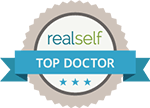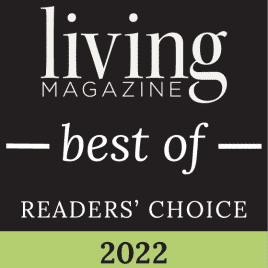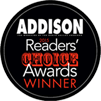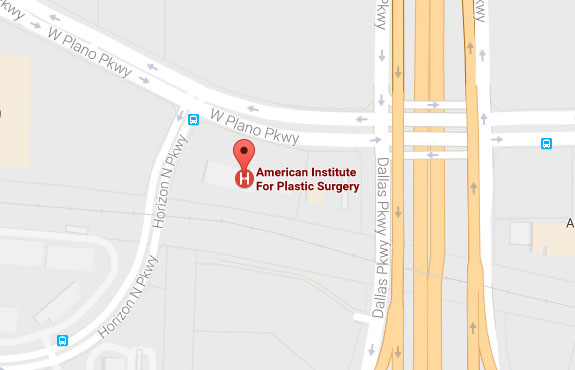Top Rhinoplasty Recovery Tips

Once you are done with the nose surgery, the next step is to take proper care to speed up your healing process. Your cosmetic surgeon will provide instructions post-procedure, and it is important to stick to those guidelines.
Here Are Some Tips You Can Follow for a Smooth and Fast Recovery Post-Rhinoplasty:
- Do Not Skip Your Follow-Up Visits
Meet your cosmetic expert as scheduled. The surgeon will examine your condition and suggest the best medication. The doctor will also advice you on the precautions to be taken to avoid infections or complications. In addition, discuss with your physician if your body is reacting differently or making you feel uneasy.
- Rest in an Elevated Position
For 5-6 weeks after Rhinoplasty, you will need to rest with your head elevated to avoid more bruising and swelling. Sleep on a recliner or keep your head propped up on a couple of pillows.
- Apply Cold Compresses
For the first three days, you can use cold compresses to reduce swelling. However, do not apply them directly over your nose. You can use them on your cheeks or close to the nose to enhance your comfort level.
- Rest Well
Rest is an important aspect of any recovery process. Sleep for at least 7-8 hours per day and allow your body to heal smoothly.
- Consume a Healthy Diet
A diet rich in meat, eggs, nut, fish, yogurt, and other foods with a high protein concentration can help you rebuild the nasal tissues. You should also eat green leafy vegetables that are rich in Vitamin A, as well as citrus fruits and other vegetables rich in Vitamin C to be able to heal faster. Avoid heat and stick to cool foods.
- Avoid Blowing Your Nose
You will be tempted to blow your nose post-surgery due to the congestion that happens inside your nose, but you should avoid doing it at least for 5-6 weeks. Instead, consider using a nasal spray to reduce the swelling and congestion in your nasal passages.
- Avoid Strenuous Physical Activities
Avoid lifting, bending, and stretching since these activities can increase your nasal swelling. Talk to your doctor to learn when you can resume your routine.
- Do Not Wear Glasses
Avoid wearing glasses (of any kind) since they put pressure on your operated nose. Contacts are a better alternative.








